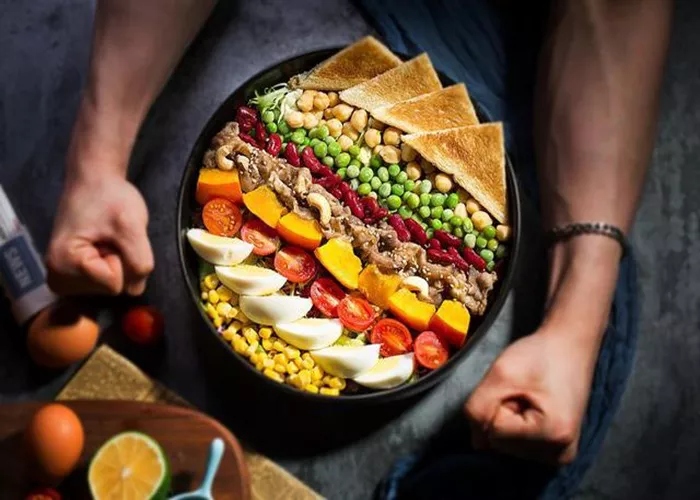A new study suggests that cutting back on ultra-processed foods can lead to noticeable weight loss in just eight weeks. The research, published in Obesity Science and Practice, found that a structured approach to reducing these foods resulted in a nearly 50% decrease in their consumption and an average weight loss of 7.7 pounds.
The Study’s Findings
Researchers followed 14 adults who were overweight or obese and regularly consumed at least two ultra-processed food items per day. Participants engaged in an eight-week program consisting of weekly educational group sessions and personalized meal planning. These sessions provided guidance on identifying ultra-processed foods, understanding their health risks, and managing cravings. Additionally, participants received a $100 grocery store gift card to support their transition to healthier food choices.
By the end of the study, participants had reduced their ultra-processed food intake by nearly half. This led to a daily reduction of 612 calories, 37% less sodium, and 50% less sugar, without significant changes in fruit or vegetable consumption.
Why Was the Program Effective?
Experts attribute the success of the intervention to its structured support system. Rather than simply advising individuals to “eat healthier,” the program provided education, meal planning, financial assistance, and behavioral strategies to help participants make sustainable changes.
“When individuals are equipped with knowledge, practical tools, and support, they are more likely to make sustainable dietary changes,” says Tony Yang, DSc, MPH, professor at the Milken Institute School of Public Health at George Washington University. “When ultra-processed foods stop competing for attention, nutrient-dense foods can take center stage.”
Understanding Ultra-Processed Foods
Ultra-processed foods are categorized using the NOVA classification system, which ranks foods based on the level of processing. The four categories include:
Unprocessed and Minimally Processed Foods – Fresh fruits, vegetables, milk, and other whole foods.
Processed Culinary Ingredients – Olive oil, flour, and other minimally altered ingredients.
Processed Foods – Canned fish, bagged frozen vegetables, and foods with added salt, oil, or sugar.
Ultra-Processed Foods – Packaged snacks, sweetened cereals, sodas, and products containing artificial additives and preservatives.
The Health Risks of Ultra-Processed Foods
Ultra-processed foods have been linked to various health risks, including:
- Heart disease and stroke
- Type 2 diabetes
- Obesity
- Colorectal cancer
- Dementia
- Increased risk of early death
“These foods encourage overeating and weight gain,” says Dr. Danbee Kim, a weight loss surgeon and assistant professor at Rutgers New Jersey Medical School. “It’s not surprising that reducing them leads to weight loss.”
How to Reduce Ultra-Processed Food Intake
Reducing ultra-processed foods doesn’t require drastic measures or expensive interventions. Here are some practical strategies:
Educate Yourself: Resources like Harvard University’s TrueFood website can help identify processing levels in common grocery store items.
Plan Meals in Advance: Personalized meal planning can reduce reliance on processed convenience foods.
Shop Smart: Prioritize whole foods such as fruits, vegetables, and protein sources over packaged goods.
Moderation, Not Elimination: While some ultra-processed foods (like unsweetened almond milk) can be part of a balanced diet, they should not be dietary staples.
“A reasonable goal would be to shift toward a diet where whole or minimally processed foods are the foundation,” Yang explains. “Ultra-processed foods should be an occasional indulgence rather than a primary food source.”
Final Thoughts
While ultra-processed foods dominate much of the modern food supply, this study highlights that reducing their consumption can yield significant health benefits in a short period. By combining education, planning, and support, individuals can successfully transition to a more nutritious diet, leading to improved health and sustainable weight loss.
Related Topics:
Cold Carbs Could Be the ‘Secret to Weight Loss,’ Says Expert
How to Improve Liver Health: Expert-Recommended Diet and Aerobic Exercise


